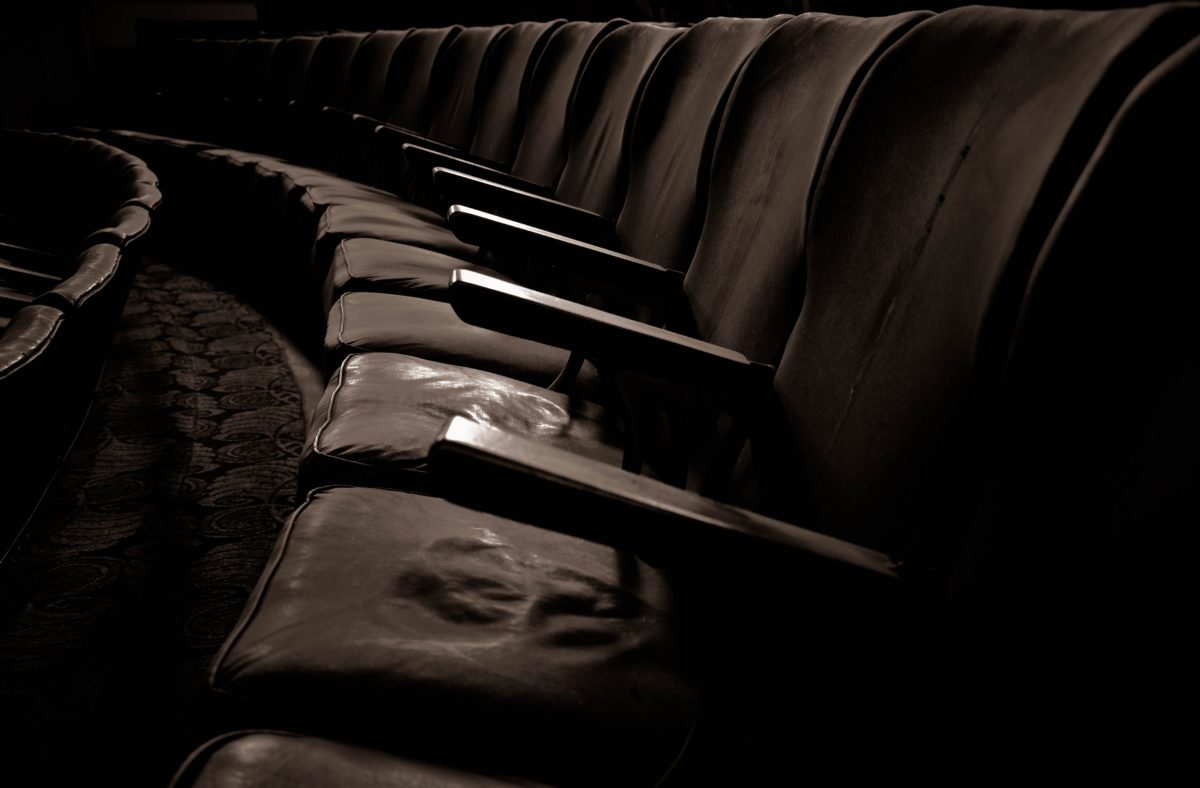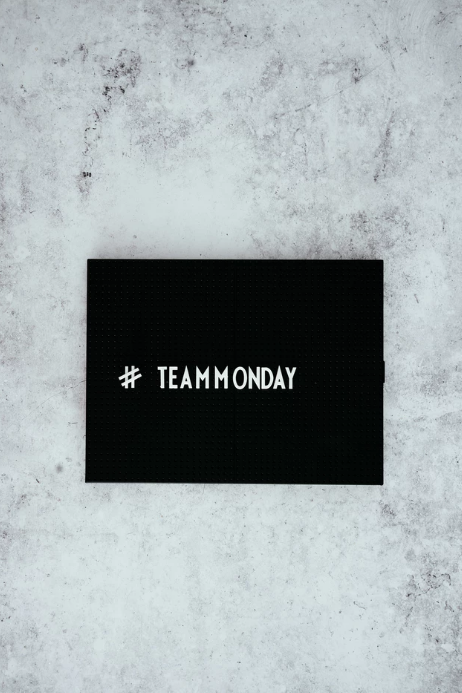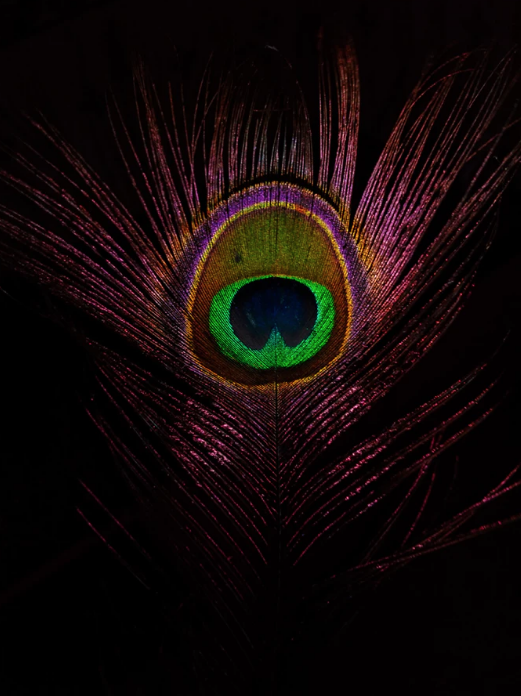Suite 3, Ground Floor, The Gateway,
312 St Kilda Road, Southbank, VIC, 3006
6 Spooky Theatre Superstitions Uncovered

6 Spooky Theatre Superstitions Uncovered
Theatres are awash in superstitions.
Ghosts roam the boards, certain colours, phrases, props and even whistling are avoided.
Particular rituals are played out nightly in theatres across the world.
Whether or not you truly believe these superstitions, if you are involved in the the theatre, chances are you follow these old rituals and avoid those harbingers of bad luck.
How many performers have frozen in panic when a well meaning friend wished them good luck before taking the stage?
At Performance Medicine we love to getting into the how and why. Because it’s Halloween, we’ve done some spooky snooping to find out more about these theatre
superstitions. Beware, we may even rustle up a ghost or two.
1. Ghost light
As most thespians know, almost all theatres are haunted. For years, the “The Man in Grey,” an 18th-century gentleman in a tricorner hat has been seen at Theatre Drury Lane by many
actors, audience members and stage hands. While some mischievous ghosts play around with sets and costumes creating havoc, other stage-loving shades enjoy pursuing their
own ghostly performance (hands up who would see this show?). To deter these spectres, the ghost light is placed onstage every night after a show, when everything else has been switched off.
But there may be practical reasons for the light. One theory goes back to the days when theatre lights were gas lit and ran on gas generators. A single light was left burning to
decrease the pressure on gas lines, preventing the build up of gas overnight that could cause fires. Over years, the word gaslight became ghost light. But my favourite (unconfirmed) reason for the ghost light involves a robber breaking into a dark theatre in the middle of the night. Legend has it, he was unaware of the existence of orchestra pits. He fell off stage and broke his leg, sued the theatre for negligence – and
won. So the ghostlight was introduced to prevent any such event happening again. Honestly, the light most likely there to stop anybody, be they a thief, actor, musician or crew member, from falling into the pit, tripping on a lighting cable or bumping into the set.

2. Mondays
All is quiet in the theatre on Monday as this is the day theatres traditionally closed. We assume it’s because the cast and crew need a break after an eight show week. (Employment laws and all that)
We believe the spooky reason is that all those theatre ghosts need the theatre all to themselves one night every week. Rehearsals? Playing to an transparent audience? Who knows, but we better not disturb them.
3. Whistling
Not wanting to wish joblessness on their colleagues, cast and crew resist the urge to give a cheery chirp while in the theatre. But why would whistling result in somebody being fired?
In the time before microphones and cans, mechanical sets, backdrops and lighting, all rigging was operated by hand with ropes. The operators of these ropes were often sailors, who communicated with, you guessed it, whistling. If a person in the theatre were to give an idle whistle, they ran the risk of causing confusion, a set or scenery change, potentially ruining the show or worse, finding themselves with a prop, curtain or heavy piece of equipment dropping down on them….and, jobless.
4. Good luck
The words that stop the heart of any performer. Saying “good luck” brings about bad luck and we should actually say “break a leg” or “chookas”.
The possible origins for this superstition are varied. One origin comes from the idea that when taking a bow, you break the line of the leg. The more often you bow, the better you performance has been.
Another thought goes back to ancient Greece where theatre appreciators stamped their feet. Sometimes so enthusiastically legs may have broken. Saying & ‘break a leg’ to an actor,
is wishing the performance gains such overwhelming appreciation from the audience, who stomp so hard they might break a leg. In Australia we say “chookas”. This goes back to the 1900’s when a full house meant more money and delicious chicken dinners. Before curtain up, somebody would count the audience numbers. If there were a lot, “Chookas” would be yelled out to let the cast know
they would have a good dinner tonight and so chookas, became “good night!”.

5. Colours
Superstitions abound with different colours onstage.
Silver on stage meant a theatre company with money (they can afford the stuff, so things must be going well). Blue was associated with shows or companies going bust. Before the wonders of synthetic
colours, blue dye was very expensive. Theatre companies using a lot of blue would have trouble meeting the costs. On the other hand, companies who weren’t going well would use a lot of it to try and convince their investors, they were actually doing very very well, thank you. Today, the cost of blue is not an issue, however when a character’s costume involves blue, it is often accessorised with silver to counteract the negative connection of the colour and prove the riches of the company. Green worn on stage is bad luck, possibly because of its link to Molière’s last ever performance before King Louis XIV. Despite coughing and gasping through the royal act, even collapsing at one point, Molière (bravely?!) finished the play. Hours later he died, still wearing his, you guessed it… green costume. A far less dramatic reason lies in the science
of the first spotlights which worked by burning the chemical quicklime (hence the limelight). The light gave out a greenish glow. This meant any actor wearing green might not be visible when standing in the spotlight. Not ideal. But with modern technology, green can be worn. We could all see Elphaba in Wicked no problems.

6. Unlucky Props
The presence of a number of different props on stage are notoriously linked with bad luck. Peacock Feathers as a prop or an accessory could result in a variety of technical failures.
The “eye-like” pattern of peacock feathers represent the evil eye and misfortune on those it looks upon. Mirrors onstage are a big no no. It may be that this one superstition was created by angry directors who tired of vain actors becoming distracted by their own reflections. More reasonably, it came about as mirrors can reflect the bright stage lights back into the audience impeding their enjoyment of the performance.
Candles are not to be seen on stage either. This superstition likely finds its origins from a time when theatres were lit by candles and torches. Unsurprisingly, many theatres burnt down. At this time, many theatre managers preferred to use fewer candles onstage to decrease fire risk.
Ghost Story Bonus
Melbourne’s own Princess Theatre has been haunted by the spirit of actor Frederick Federici since 1888. Frederici came to Australia in the mid 1880’s performing around the country. On the opening night of “Faust” at the Princess Theatre, Frederici was playing Mephistopheles. In the final moments of the play, as Mephistopheles and Faust descend into hell through a trapdoor, Frederici suffered a heart attack and died at that moment. Everyone involved in the performance, including the cast were unaware of his passing and swore they saw him onstage for curtain call, taking his bow with the cast”.
Myotherapist- Alana Pryor

